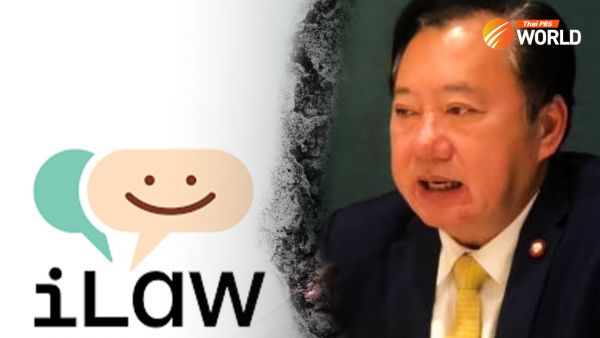Health system improvements to ensure best treatment of rare or extreme diseases

The National Health Security Office (NHSO) is working on a system to ensure access to health services for patients afflicted with rare and very rare diseases.
The NHSO board, chaired by Public Health Minister Anutin Charnvirakul, met on Monday to consider a proposal to enable people with such diseases to have access to treatment under the government’s universal health program.
The proposal was submitted to the board for consideration by a panel recently set up by the NHSO and headed by Assoc. Prof. Cherdchai Nopmaneejumruslers, deputy director of Siriraj hospital.
Mr. Anutin reportedly told the board that rare and extremely rare diseases are not covered by the universal health scheme and, hence, patients suffering from such diseases have to bear very heavy medical bills, which many of them cannot afford, forcing some families into bankruptcy.
There are about 10,000 patients in Thailand with rare diseases and less than 1,000 are suffering with extremely rare diseases.
Dr. Cherdchai’s panel proposed a comprehensive system, covering all aspects of medical services, for these two groups of patients, including the development and training of medical personnel to handle such cases, procurement and management of special drugs to treat the diseases and the setting up of a database for rare and extremely rare diseases.
NHSO secretary-general Dr. Sakchai Kanjanawattana said that, due to limited budget for health services as a whole, the bulk of the budget will be allocated to the general public, with the remainder for the small number of patients affected with the rare diseases.
Over time, however, he said that the budget for this small group of patients will be steadily increased, to ensure equitable access to state-sponsored medical services under the concept that no one should be left behind.






